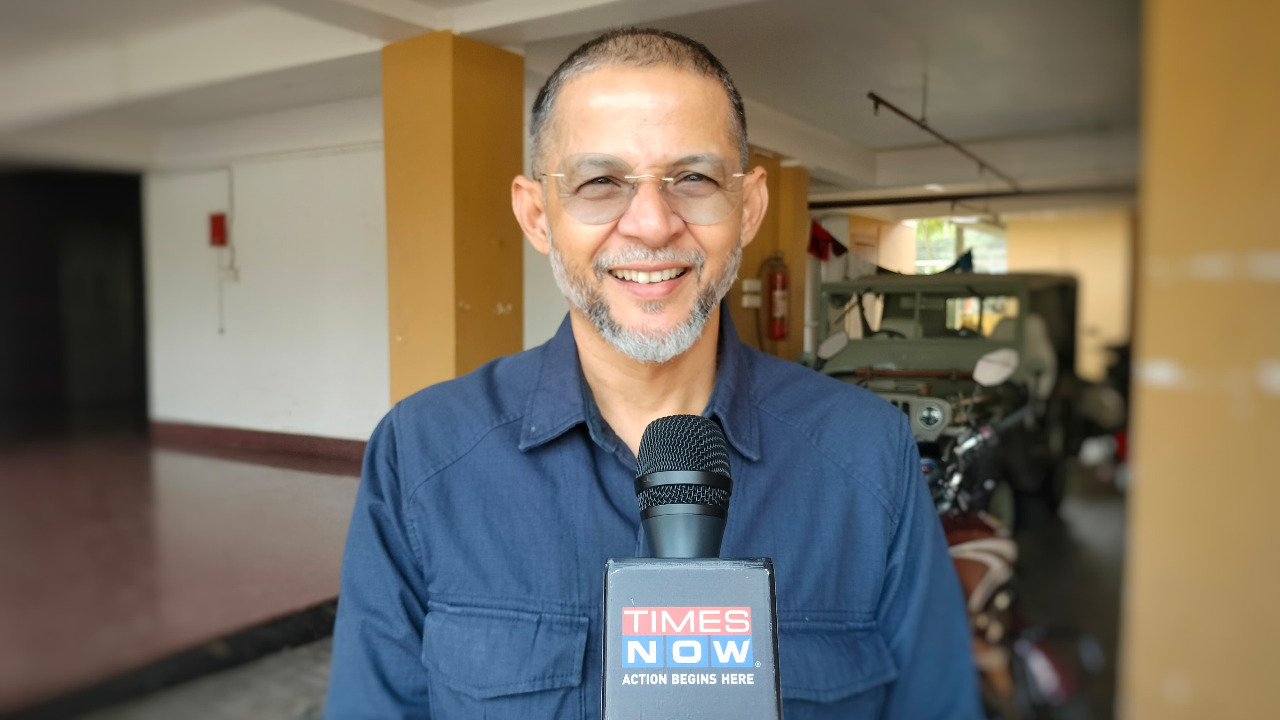
In a move hailed as transformative for India's governance, Prime Minister Narendra Modi's proposal for "One Nation, One Election" (ONOE) has gained significant traction, with support from 32 of the 47 political parties consulted. To evaluate the feasibility of this ambitious policy, a commission led by former President Ram Nath Kovind has been formed.
The policy aims to synchronise elections across the nation, reducing the logistical and financial burden associated with frequent elections. BJP MLA Diganta Kalita has emerged as a vocal supporter, citing its potential to drive significant improvements in governance and developmental progress.
Kalita emphasised that one of the key advantages of ONOE is the reduction in government officers’ involvement in election-related duties. "Currently, around 50% of officers are engaged in managing elections, which diverts their attention from developmental projects," Kalita explained. By freeing up these resources, the government could better allocate personnel and funding towards pressing developmental issues across various sectors.
Kalita believes that the initiative will not only save the government money but also enable more efficient governance by allowing continuous focus on progress rather than being interrupted by frequent elections. He extended his congratulations to Prime Minister Modi, Home Minister Amit Shah, and the entire cabinet for their commitment to this bold reform, calling it a reflection of the government’s long-term vision for the nation’s growth and prosperity.
The ONOE initiative is being seen as a step toward more streamlined governance, with proponents like Kalita viewing it as the beginning of a new era for India—one focused on development, efficiency, and progress.

